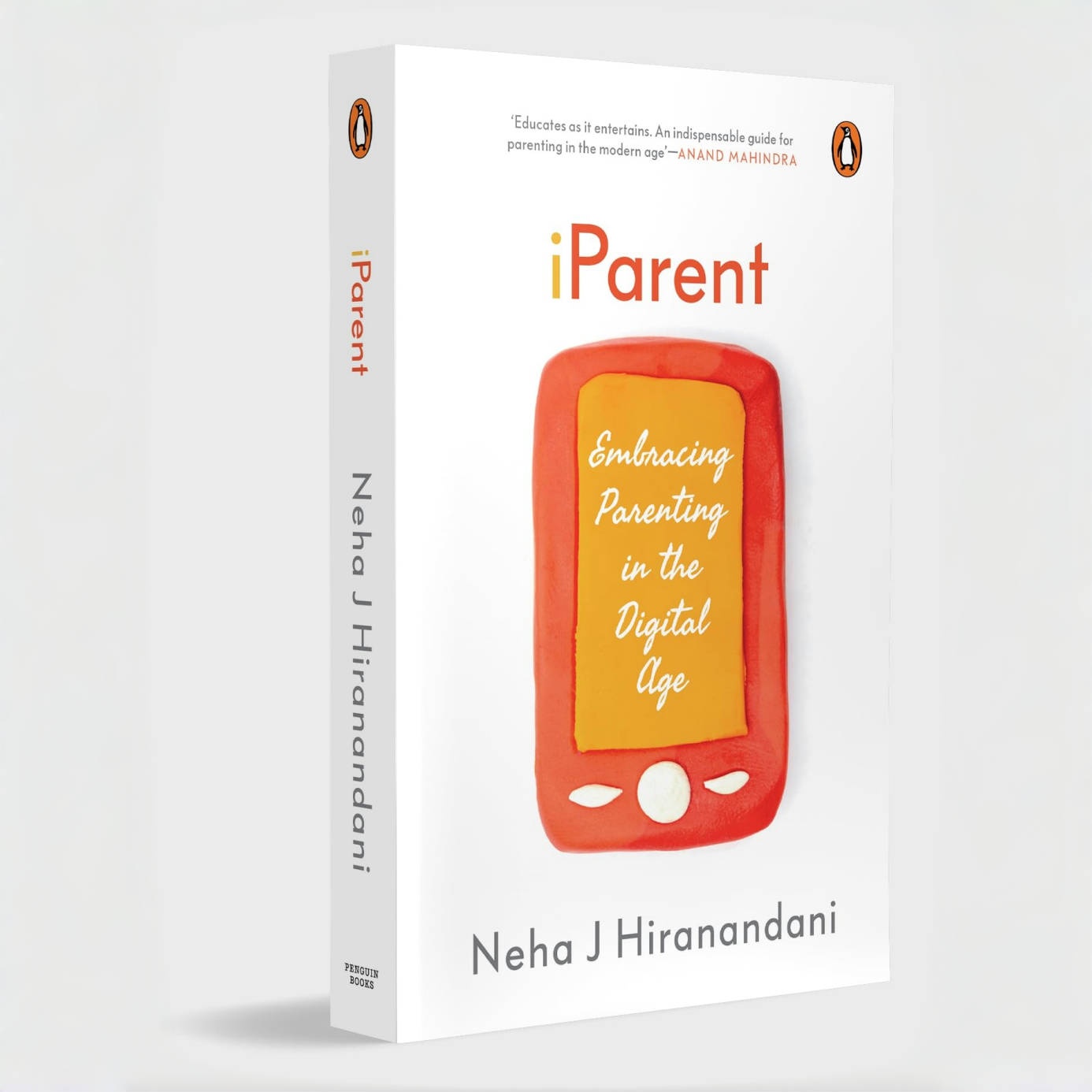Guilt is a powerful emotion—and when it comes from your own parent, it can feel like a tangled web you didn’t even know you were caught in. One moment, you’re making a healthy choice for yourself, and the next, you’re hearing phrases like “After all I’ve done for you…” or “I guess I just don’t matter anymore.” Sound familiar?
Whether it’s intentional or subconscious, parental guilt-tripping can leave you emotionally drained, confused, and resentful. But you’re not powerless. Here’s a creative, compassionate, and empowering guide to help you understand, manage, and rise above the guilt trip.
1. Spot the Guilt Trip – Recognize the Signs
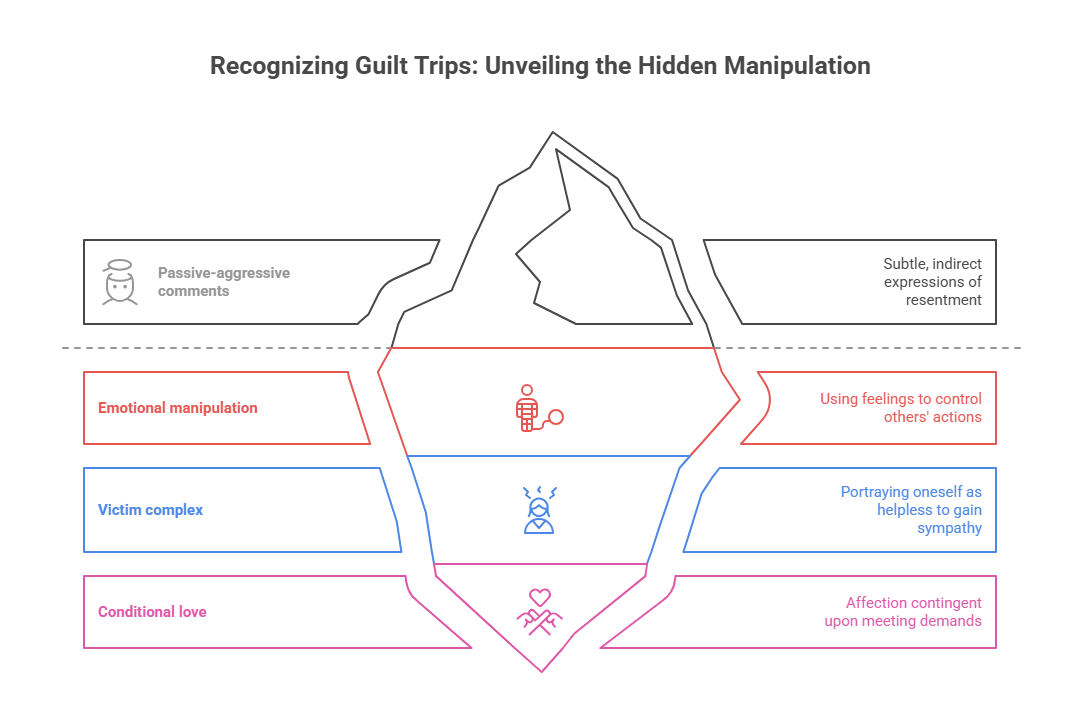
What it looks like:
- Passive-aggressive comments: “Must be nice to have time for your friends…”
- Emotional manipulation: “I guess I’m just a bad parent.”
- Victim complex: “You’re abandoning me when I need you most.”
- Conditional love: “If you loved me, you’d do this.”
Why it matters:
Recognizing a guilt trip is the first step in protecting your mental and emotional space. When you can name it, you can tame it.
2. Pause Before Reacting – Buy Yourself Emotional Space
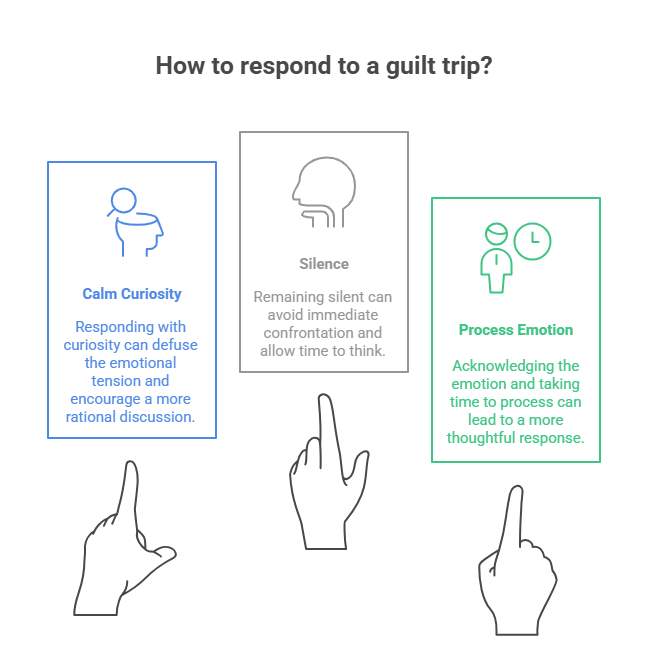
Why it works:
Guilt trips are designed to provoke an immediate emotional response—usually compliance or shame. Instead, respond with calm curiosity or silence.
Try this:
- “Let me think about that and get back to you.”
- “I hear that you’re upset. I need a moment to process.”
- Breathe. Breathe again. Then decide what you need.
3. Set Compassionate Boundaries – Firm But Kind
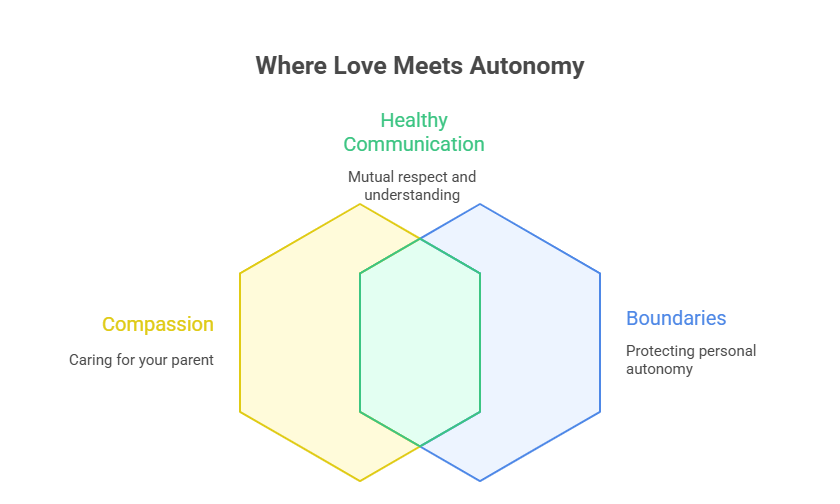
Why it works:
You can honor your parent without surrendering your autonomy. Boundaries are not rejection—they’re redirection toward healthy communication.
Say this:
- “I love you, but guilt doesn’t help us solve anything.”
- “I want to support you, but I also need space to grow on my own.”
- “It’s important to me that we respect each other’s choices.”
Visual tip:
Imagine your boundary like a garden fence. You’re not shutting them out—you’re protecting what you’re trying to grow.
4. Reframe the Narrative – Guilt Isn’t Love
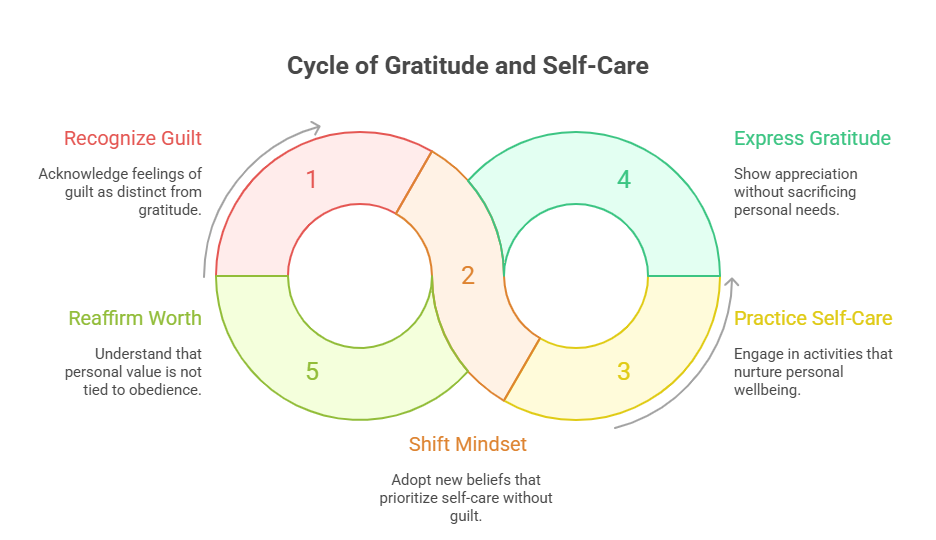
Why it works:
Many of us grow up believing that guilt equals love—that feeling bad is proof of being a “good child.” But guilt isn’t the same as gratitude.
Shift your mindset:
- “Caring for myself doesn’t mean I’m abandoning them.”
- “I can appreciate what they’ve done for me without sacrificing my wellbeing.”
- “My worth isn’t measured by obedience.”
5. Practice Emotional Detachment – Don’t Absorb What Isn’t Yours
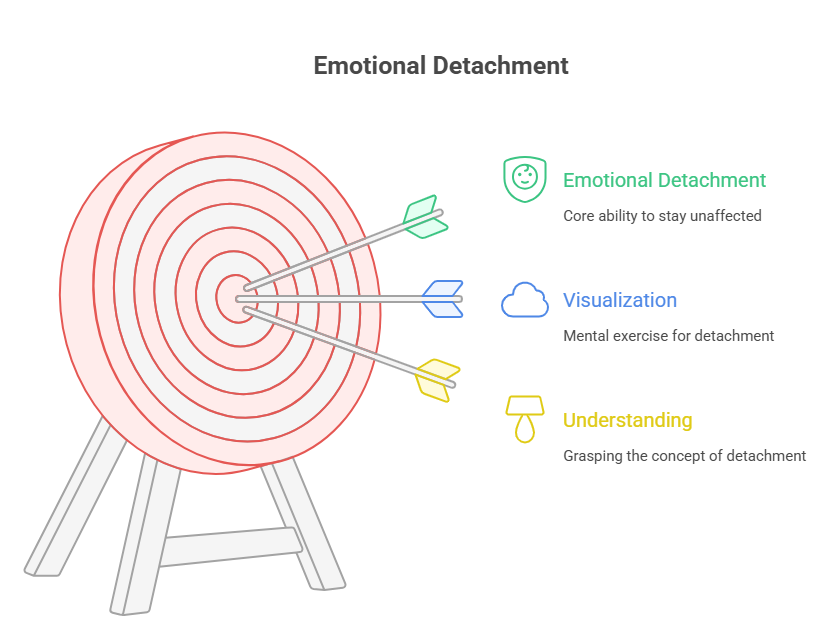
Why it works:
You can be present without being pulled into emotional quicksand. Emotional detachment means choosing not to internalize someone else’s pain or expectations.
Try this visualization:
Imagine their words as clouds passing through your sky. You see them, but you don’t hold them.
6. Seek Support – You Don’t Have to Handle It Alone
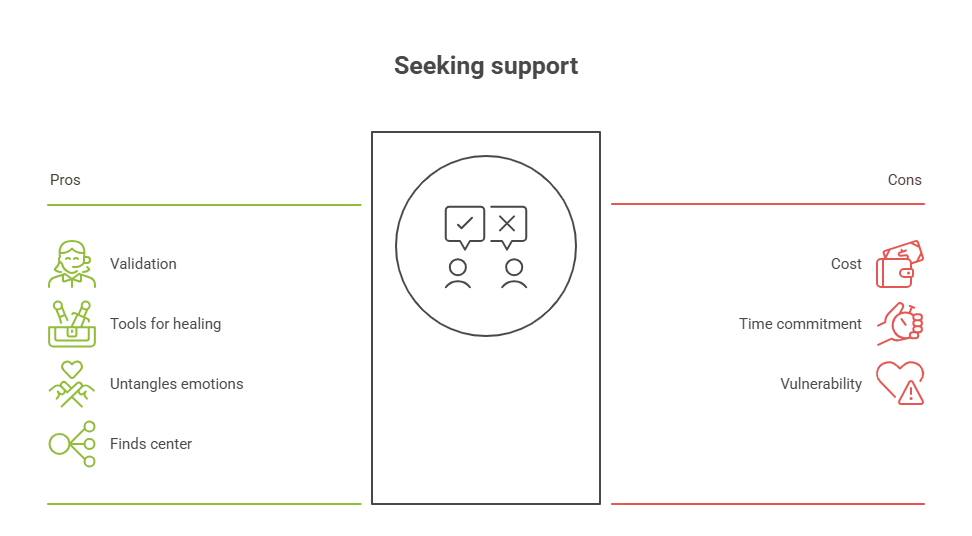
Why it works:
Talking to a therapist, support group, or trusted friend can offer validation and tools for healing.
Especially helpful if:
- The guilt-tripping has gone on for years
- You’re experiencing anxiety or self-doubt
- You feel “trapped” between guilt and independence
Support helps you untangle the emotional knots and find your own center again.
7. Lead with Empathy—But Protect Your Peace
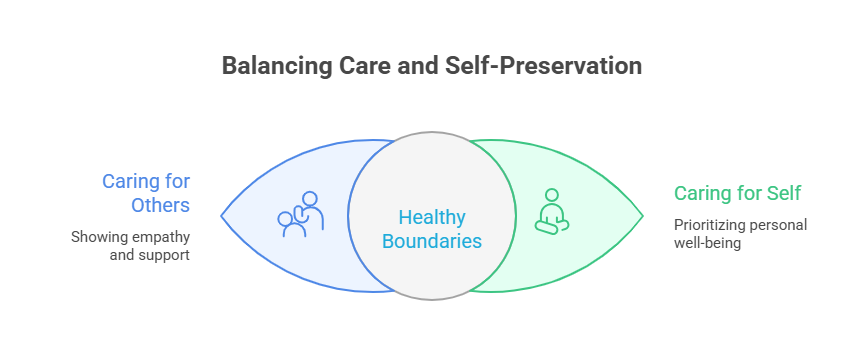
Why it works:
Most parents don’t wake up thinking, “Today I’ll emotionally manipulate my child.” Often, guilt-tripping comes from their own unhealed wounds, fear of loss, or inability to cope with change.
You can acknowledge their pain without taking it on.
Mantra to remember:
“I can care about you and still care for myself.”
Final Thoughts:
Guilt doesn’t have to be your compass. You deserve a life built on choice, not obligation; connection, not control. Dealing with a parent who guilt-trips you takes patience, self-respect, and the courage to rewrite old dynamics. But you can do it.
The goal isn’t to “win” or “escape”—it’s to heal, grow, and live a life that honors your needs and your relationships.




